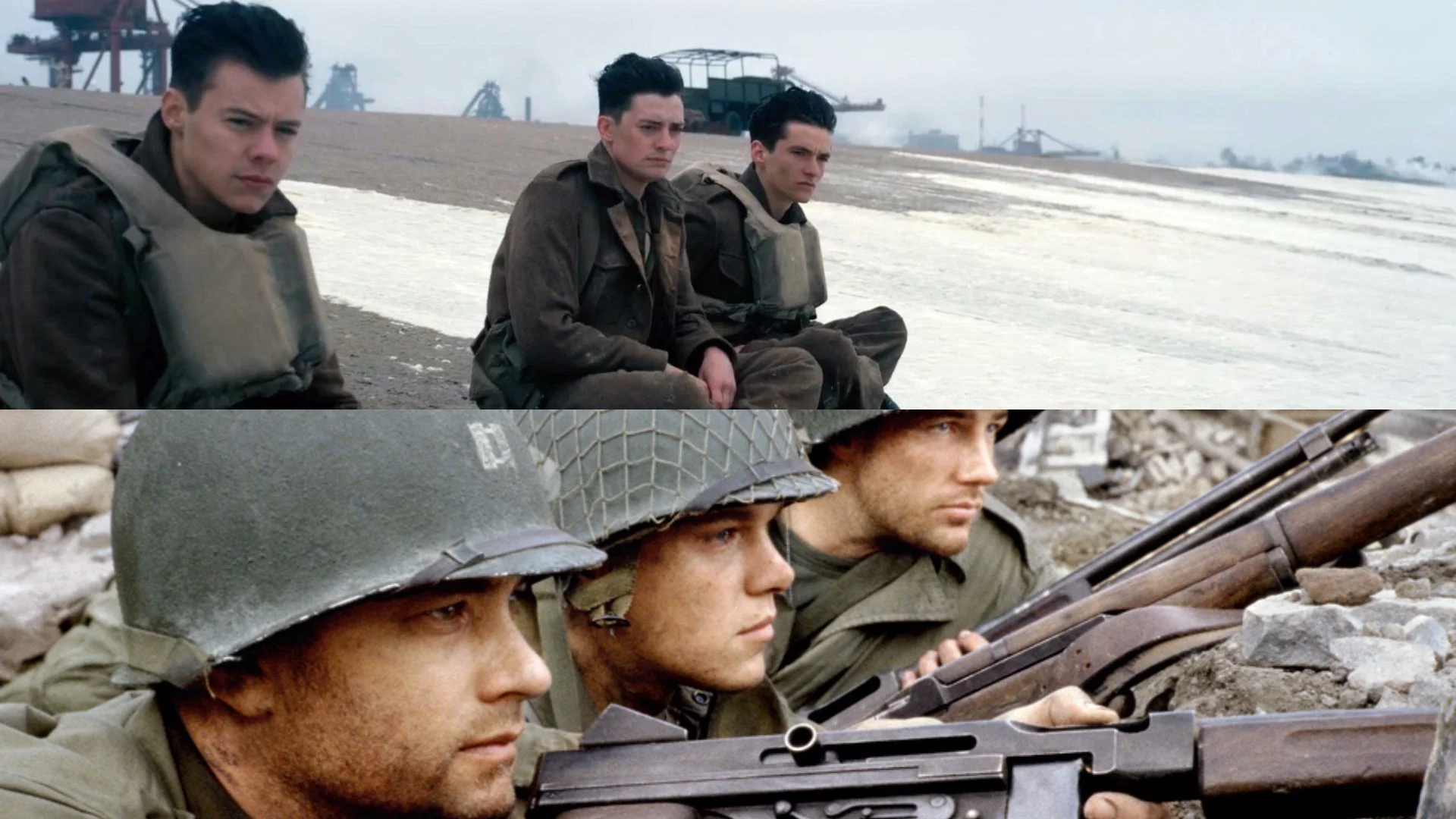Oscars Double Feature: Black Panther & The King and I
When it premiered in February of 2018, Black Panther had a lot of anticipation on its shoulders. It had to be good, it had to be successful, and it couldn’t do anything less than move culture forward. All this was a lot to withstand, and thankfully Ryan Coogler’s superhero epic rose to the occasion. Almost immediately, there was talk that the film could make history as the first superhero movie to be nominated for Best Picture at the Academy Awards. And it did, for a multitude of reasons: critical acclaim, box office success, and cultural impact. For me, Black Panther clinched the nomination through its sharply defined political themes, relevance to everyday life, and outstanding costume and production design.
This might be a stretch, but the classic Best Picture nominee The King and I came to mind when thinking about Black Panther. The 1956 Walter Lang musical film, an adaptation of the Rodgers and Hammerstein production, was nominated for 9 Academy Awards, including Best Picture, Best Director, and Best Actress for Deborah Kerr. Yul Brynner won Best Actor, among four other wins in technical categories. The movie musical was a critical and commercial success, and features many classic songs like “Getting To Know You,” and “Shall We Dance?”.
In a way, Black Panther and The King and I are mirrored opposites of each other. Both films feature a Westerner coming into a foreign kingdom, and influencing or affecting the monarch’s thinking and policies. But there’s a crucial difference. The King and I is a colonist fantasy: a proper English white lady (Kerr as Anna Leonowens) coming to an exotic Siam and bringing its “barbaric” monarch (Brynner’s King Mongkut) into a more “civilized” way of thinking. Aside from the eye-catching design, beautiful songs, and winning performances, today The King and I reads like a condescending, patronizing nightmare. Add to that, the real Anna Leonowens has been outed as lying about her time in Siam. And Siam as depicted is basically a fictional country, rather than an accurate portrayal of Thai culture. I still enjoyed The King and I when I revisited it, but it can be a tough watch.
Black Panther, on the other hand, shows the tension between T’Challa (Chadwick Boseman), the Black Panther and king of Wakanda, and Killmonger (Michael B. Jordan), his American-raised cousin with Wakandan heritage, in a much more nuanced fashion.
Wakanda, unaffected by the corruption of colonizers, thrives with futuristic technology and a culture completely its own. Killmonger wants to use the powerful metal of Vibranium to overthrow white supremacy in the world as revenge for his own troubled upbringing. He believes that Wakanda can assist Black people for this goal. Killmonger, in his crusade against the injustices of America for Black people, is correct though T’Challa cannot agree with his methods, Nakia (Lupita Nyong’o) is less vindictive, but believes that Wakanda has the power and technology to do good for the world, instead of hiding. The Afrofuturistic fantasy in Black Panther is directly interlinked with the real world.
T’Challa learns from Killmonger, just like King Mongkut learns from Anna. The key difference is the lens through which colonialism is depicted. The King and I is softly pro-colonialism in the way that many epic films of the era were. The friendship between King Mongkut and Anna is shown to be challenging but warm, with Anna as the put-upon confidante to an impulsive but thoughtful monarch. The other citizens of Siam are either brutish or infantile, and most of the lead characters are played by white, Latinx, or Filipino actors. Black Panther emphasizes the evils of colonialism, and how the harm of slavery has reverberated into the present. Blackness is unquestionably embedded into the film because of its mostly Black creators. The film itself was a victory for representation in Hollywood, disproving old racist myths about box office viability of actors of color (myths created in part by films like The King and I). Wakanda might be a fictional country, but it feels real and lived-in, and has had a profound effect on pop culture.
Black Panther might be more thoughtful and resonant, but like The King and I, its main goal is to be a populist blockbuster. And both films can be entertaining and pleasurable, and both are a treat for the eyes. If you don’t think too hard about what’s going on under the surface of The King and I, it can be an enjoyable musical. Black Panther on the other hand reveals more insight upon reflection. The King and I might get more problematic as time goes on but I doubt we’ll be as embarrassed of Black Panther in the future.









